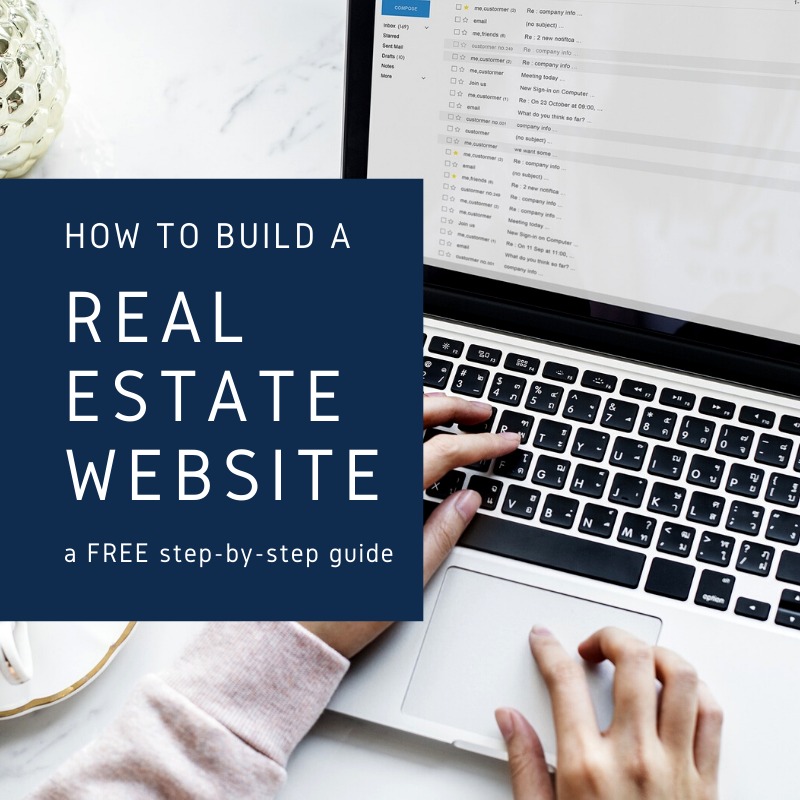Today’s post comes courtesy of Shumin Zhou, SEO Specialist for the SHGroup in Barcelona.
9 SEO Practices to Increase the Visibility of Your Real Estate Website
Is SEO relevant for a real estate website? Certainly! Implementing the right search engine optimization practices will boost your website and could even offer you a top positioning in Google.
By climbing to the top of the SERPs (search engine results pages), you will get more qualified leads, generating passive business through your website.
Here are several SEO practices that can be used by professionals in the real estate industry to improve their Google positioning:
1) Do a preliminary keyword research
Identify keywords for which you want your web page or blog post to rank on the search engines. We advise you to start with those that have a high search volume and low competition. This doesn’t mean that you leave out the keywords with high competition, start with the easy ones to achieve faster results. Check out Intro to SEO for tips on exactly how to research keywords.
2) Use the local SEO
Real estate is a local business. You don’t need to reach all buyers and sellers; you only need to reach local buyers and sellers. So use keywords that include locations like your neighborhood, city, or county. This strategy allows you to gain a prime positioning in Google for the buyers and sellers that matter most to your business.
3) Write a blog about your neighborhood or city
Thanks to your blog, you will position your page in several searches that relate to your area. For example, this real estate agency from Barcelona has a blog that speaks about a variety of topics related to the city, but doesn’t talk only about real estate in every post. Also, don’t forget to share your content through social networks and newsletters to your audience.
4) Work the UX of your page
UX (short for user experience) is important because Google doesn’t ‘waste time’ driving traffic to pages that won’t give users an optimized experience. As such, your page should be easy to navigate and meet the needs of the user.
5) Your page should be fast and secure
A crucial factor that will determine your Google positioning is whether your website is mobile-friendly. Not only should it be responsive, but it should also be fast and load on slow mobile data networks, such as 3G. Equally, you should make sure that your page is secure and that it has the SSL certificate of protection for surfing the Internet. If you use Bluehost to host your website, you can get a free SSL certificate.
6) Keep your sitemap updated
Another way for boost your Google positioning is by keeping your sitemap up to date. You should carefully monitor the updates of your sitemap and confirm that property listings are uploading to the XML document. The sitemap should be checked monthly or quarterly, depending on how often you add new content.
7) Apply filters to your content
You can differentiate yourself from other real estate websites by creating different types of filters, so your results will appear with featured snippets in the search results, and therefore will attract more attention from users. It is especially useful for real estate companies to filter by the types of properties available. Categories are also helpful for filtering your blog content.
8) Work on internal linking
The internal organization of your page is very important. You have control over which pages are linked to each other and, above all, with which anchor text (the text that links). Having a clear vision of all these links allows you to identify how the bots used by Google jump between each of your pages.
Also, if you have pages in different languages, you can join them internally with the hreflang attribute. For example, from the website we discussed earlier, this category monthly rentals in Barcelona in English is marked with hreflang with the same version in Spanish of this type of rental.

9) Find outside links
A large part of real estate SEO is links that come from outside. Having other quality websites link to your page shows Google that your site is credible and relevant and helps you earn the much-desired top Google positions.
The bottom line
Real estate SEO takes time and demands attention to detail to maximize results. This list includes some of the best practices you can use, but this is not an exhaustive list. Moreover, keep in mind that there are no miraculous strategies that allow you to magically scale the first results of Google. It takes time and effort, but pays off for those who are persistent.









